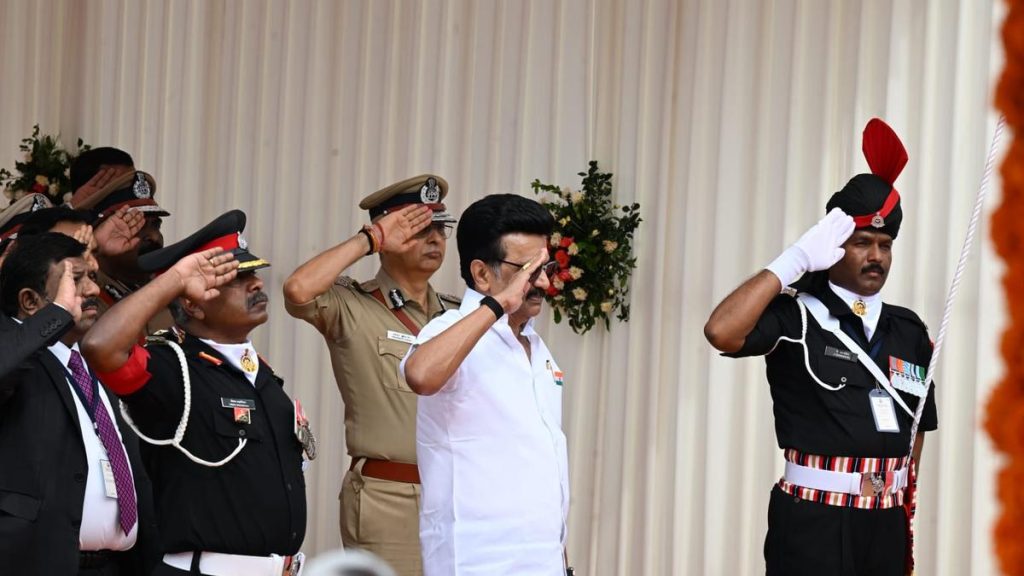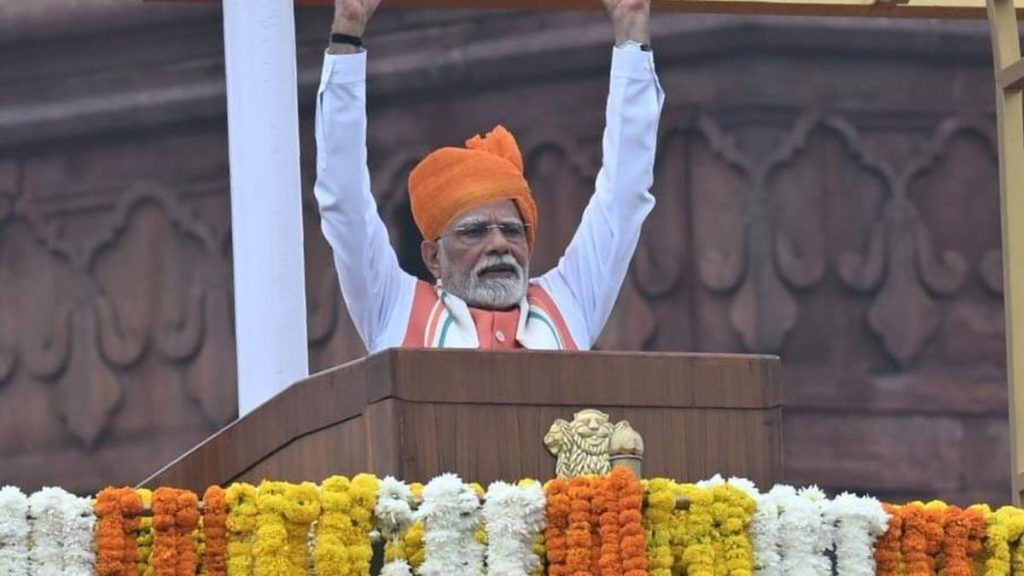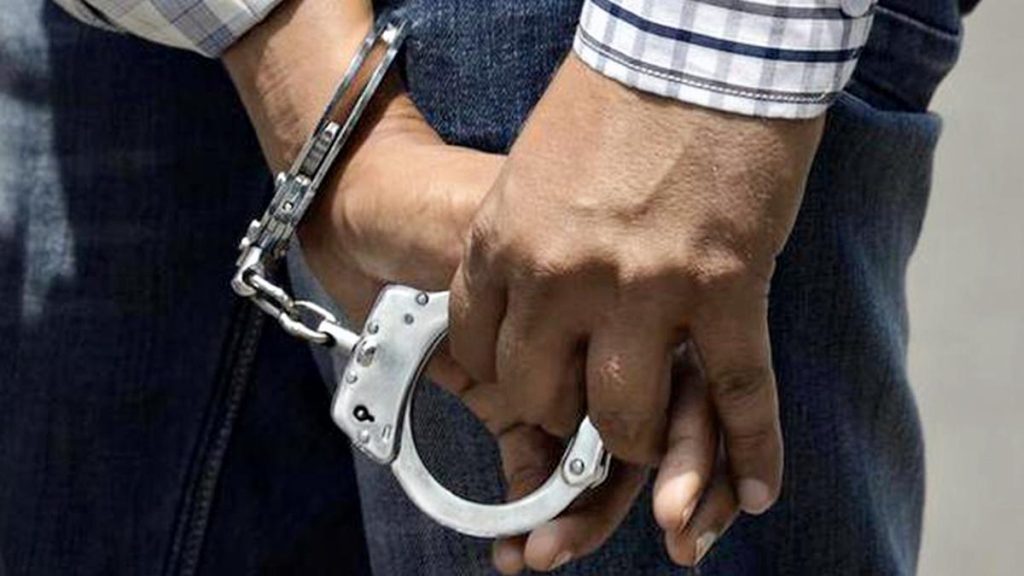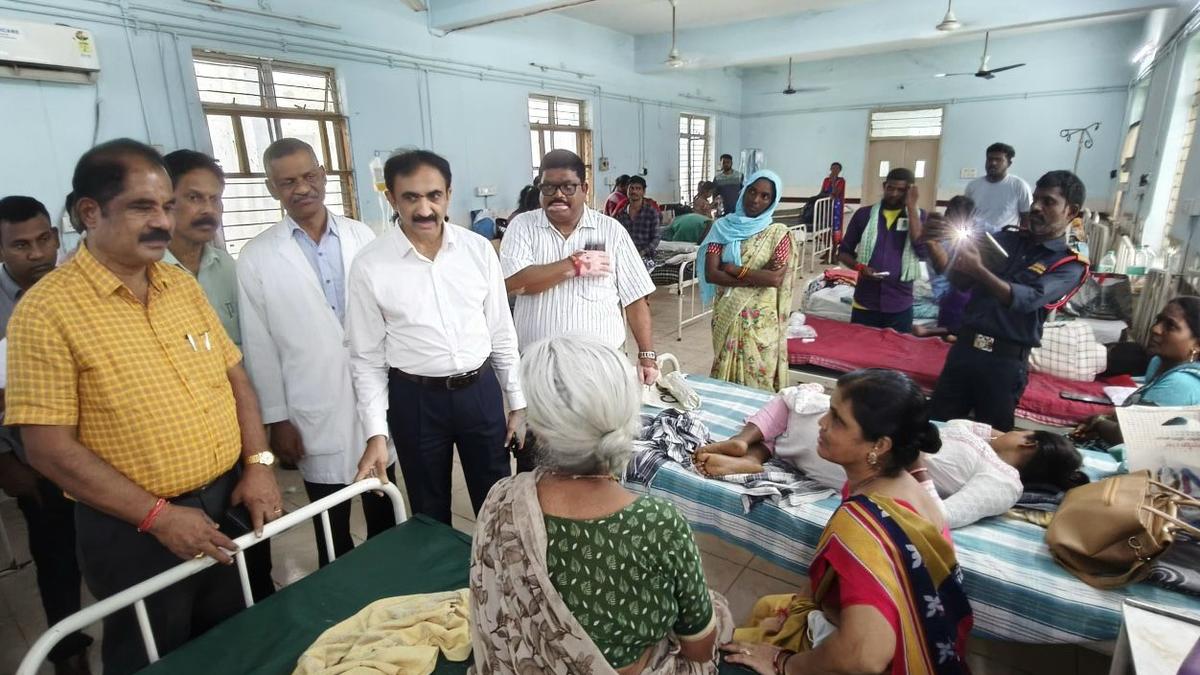Now Reading: Jaishankar Heads to Moscow as Wang Yi Prepares for New Delhi Visit
-
01
Jaishankar Heads to Moscow as Wang Yi Prepares for New Delhi Visit
Jaishankar Heads to Moscow as Wang Yi Prepares for New Delhi Visit
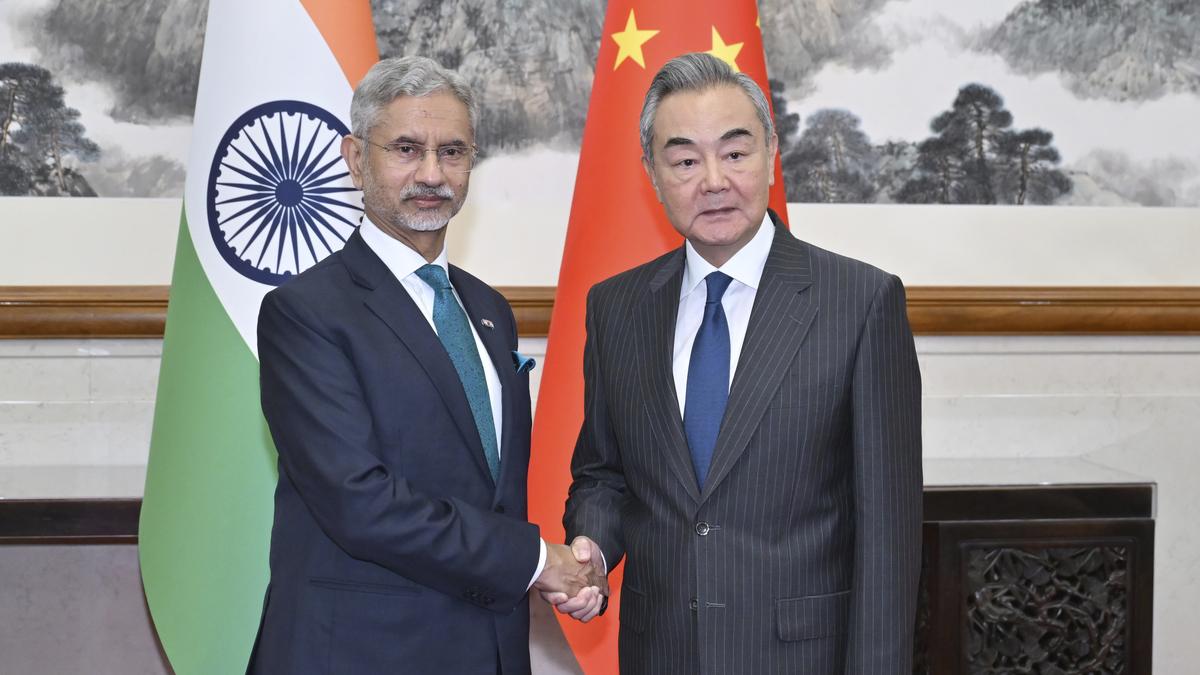
Rapid Summary
- India is set to intensify diplomatic engagements wiht Russia and China amidst evolving global trade dynamics.
- External Affairs Minister S. Jaishankar will visit Russia on August 21 to hold discussions with Sergey Lavrov as part of preparations for teh upcoming annual Russia-India summit, where President Vladimir Putin is expected to visit India later in the year.
- Ahead of Mr. Jaishankar’s trip, India plans to host Chinese Foreign Minister Wang Yi, who is expected to discuss the ongoing border issues and meet National Security Adviser Ajit Doval.
- The dialog with China comes months after Operation Sindoor, during which Lt. General Rahul R. Singh alleged China provided “live inputs” supporting Pakistan during a brief conflict between india and Pakistan.
- Wang Yi’s visit may also serve as preparatory groundwork for Prime Minister Narendra Modi’s anticipated participation in the Shanghai Cooperation Organisation (SCO) summit in Tianjin later this year.
- Parallel global consultations are underway, including an upcoming Alaska summit between Russian President Putin and U.S. President Trump regarding Ukraine-Russia peaceful resolution efforts-a progress welcomed by India.
- Amid U.S.-imposed tariffs on Indian purchases of Russian oil, Prime Minister Modi has conducted multiple consultations globally, including calls with leaders from Brazil and Uzbekistan on connectivity projects such as the International North-South Corridor.
Indian opinion Analysis
India’s intensified dialogues with Russia and China reflect its strategic recalibration amidst shifting global relationships shaped by trade uncertainty with the United States. The separate high-level meetings indicate India’s pragmatic approach toward maintaining diversified alliances while balancing geopolitical tensions such as border disputes with China or implications from China’s ties to Pakistan.
Notably, India’s engagement comes at a time when Washington imposes tariffs over Russian oil purchases while hosting summits aimed at resolving prolonged conflicts like Ukraine-Russia-a scenario that positions New Delhi carefully between complex Western sanctions policies and Eastern alliances. Dialogues around connectivity projects like the International North-South Corridor signal proactive policy alignment for regional integration while insulating against unpredictable shifts in bilateral or trilateral relations involving major powers.
For more details: The Hindu


